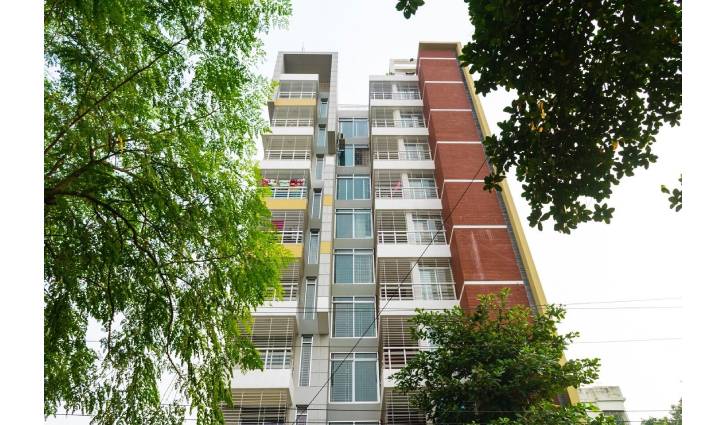Pandemic even hits many landlords
Sakibul Azaz || BusinessInsider

Now, many of the landlords are in crisis, especially the ones who are solely dependent on their house-rent for livelihoods. Photo: Bproperty
Probably landlords are a group in the country particularly in Dhaka and other major cities, who had the most sustainable and risk-free earnings from their rented houses and spaces. Hardly, they had any tension about their livelihoods. But the Covid-19 pandemic changed the situation too.
Now, many of the landlords are in crisis, especially the ones who are solely dependent on their house-rent for livelihoods. Besides, those who took bank loans for developing their houses are now in a survival-fight to repay the money.
Drastically reduced number of tenants was the main reason behind the U-turn of house owners’ everlasting happy days.
Millions of tenant-people from the middle to low-income group left the cities due to Covid-19-induced financial crisis, business-loss, job-cut and from a fear of getting infected by the deadly virus, which ultimately badly impacted the city economies. The landlords also faced the hit.
“My house has nine flats for rent. Of them, six flats became vacant in June last year due to tenant’s leaving Dhaka spree. All of the flats were vacant till December. Although some new tenants have come this year, there are still three flats remained empty,” said Habibur Rahman, owner of a six-storey building in the capital’s Kalabagan.
“I have a huge amount of bank-loan, but with this current earning, it is tough to be repaid,” he told the Business Insider Bangladesh.
Another house owner Paul kabir from Dhanmondi Jigatola lamented the same and said; “I borrowed Tk35 lakh from the bank while building the house in 2019. I used to pay the monthly instalment from the house rent. Now, due to the lack of tenants, I am struggling to run my own family.”
Visiting several places in the capital, walls, road junctions and wire poles were found full of to-let advertisements.
Talking to this correspondent, many homeowners said that they were now offering as low as half of the previous rents. Even many have waived the house-service charges.
“My rent for a 1,400-square feet house was Tk17,000. I cut it to 13,000, but still, my two flats are vacant,” Sajjad Hossain, owner of a four-storey house at Moghbazar’s Ambagan said.
“There is always a need to spend money on maintenance of the building. Without getting proper rent, it’s tough to serve the tenants properly,” he added.
The situations are the same even in many competitive places like Farmgate where university admission coaching students used to flock. However, about 70 per cent of these flats are now empty, house owners said.
Mominul Haque, a landlord from this area who build student hostel in the area, said; “I have built my six-storey house borrowing from banks and relatives. Unfortunately, all of the seats here have remained vacant since last May, due to the closure of educational institutions. Now I am renting only four flats.”
He further added that the government suspended interest on the loan until December.
“But in the end, I must have to pay for the instalments,” he added, informing that he was repaying the bank loan instalment borrowing again. “It’s tough. How long we can afford it!” he expressed his depression.
However, the crisis is recovering in slow motion, some observed.
“Many landlords of my area have told me that they are not getting tenants after reducing the rents,” said KM Mamun Rashid, councillor of Ward-12 under the Dhaka South City Corporation.
Many of the landlords build their houses with loans. They are really in crisis, said the councillor.
He, however, hoped that the situation would return to normal within this year.
























